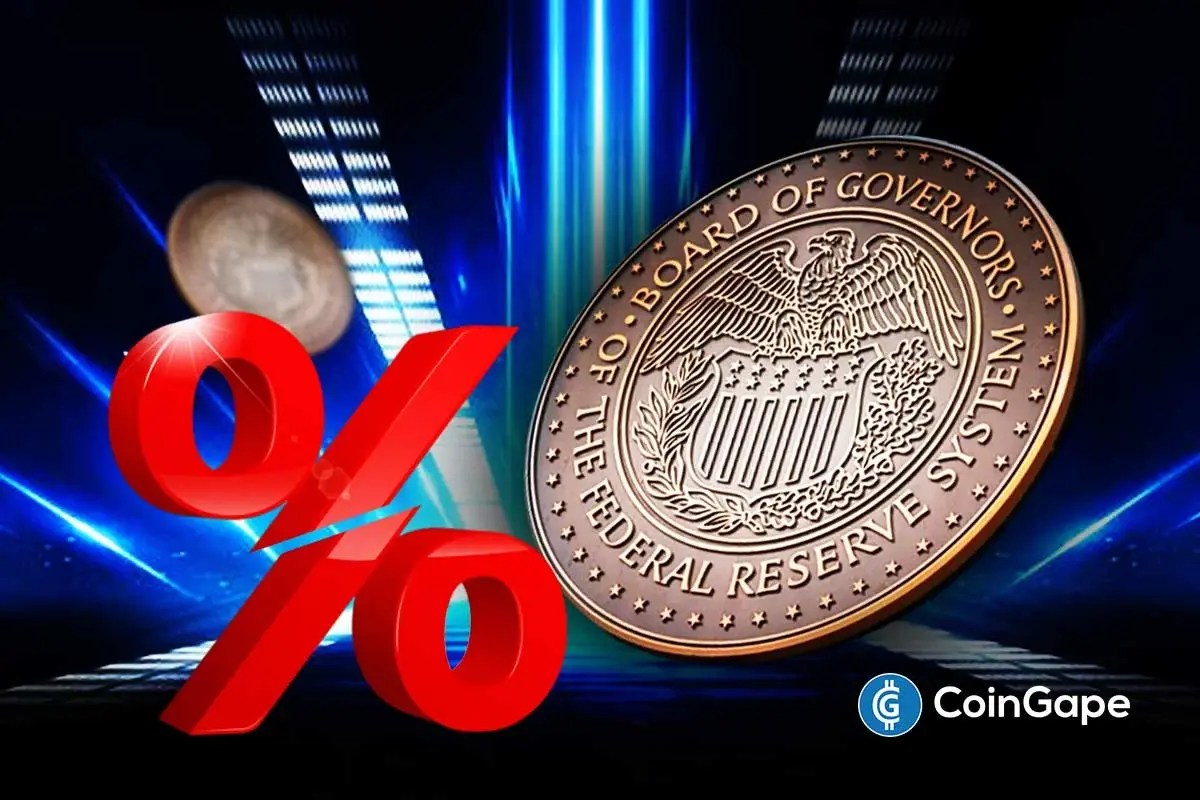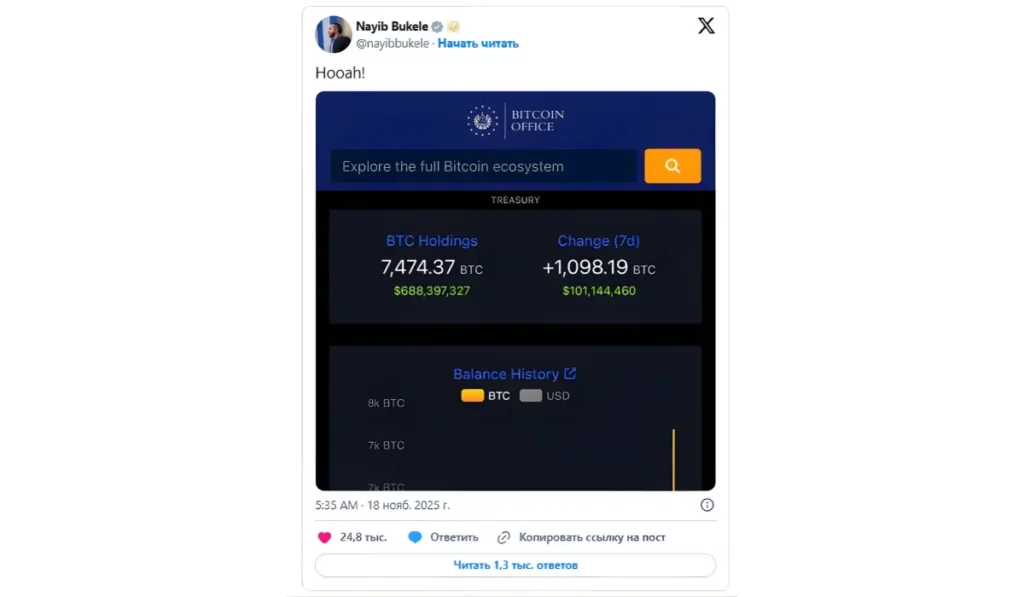Shocking $363M Bitcoin ETFs Outflow: BlackRock’s IBIT Leads Fifth Day of Withdrawals

BitcoinWorld
Shocking $363M Bitcoin ETFs Outflow: BlackRock’s IBIT Leads Fifth Day of Withdrawals
Recent data reveals a startling trend in cryptocurrency investments as US spot Bitcoin ETFs recorded a massive $363 million net outflow on November 18th. This marks the fifth consecutive day of withdrawals, raising questions about institutional confidence in Bitcoin ETFs during current market conditions.
What’s Driving the Bitcoin ETFs Exodus?
The outflow pattern shows significant movement away from major Bitcoin ETFs, particularly BlackRock’s IBIT, which experienced a staggering $513 million single-day withdrawal. This substantial movement represents one of the largest single-day outflows since these Bitcoin ETFs launched, indicating potential institutional repositioning.
However, the situation isn’t entirely bleak. Grayscale’s GBTC provided some balance with a $139 million net inflow, while Franklin Templeton’s EZBC saw a modest $10 million inflow. These contrasting flows suggest that investors are being selective rather than abandoning Bitcoin ETFs entirely.
Why Are Bitcoin ETFs Facing Such Pressure?
Several factors could explain the current outflow pattern from Bitcoin ETFs:
- Market volatility concerns affecting institutional risk appetite
- Portfolio rebalancing as year-end approaches
- Profit-taking following recent price movements
- Regulatory uncertainty impacting investment decisions
The consecutive withdrawal days from Bitcoin ETFs highlight how sensitive these investment vehicles are to market sentiment and macroeconomic factors.
What Does This Mean for Bitcoin ETFs Investors?
For current investors in Bitcoin ETFs, these flows serve as important market indicators. The mixed activity—with some funds experiencing outflows while others see inflows—suggests that the Bitcoin ETFs market is maturing rather than collapsing.
Investment professionals monitoring Bitcoin ETFs should consider:
- Diversification across multiple Bitcoin ETFs
- Long-term perspective despite short-term fluctuations
- Monitoring institutional sentiment through flow data
- Understanding each Bitcoin ETF’s unique characteristics
Will Bitcoin ETFs Recover From This Outflow Trend?
Historical data shows that Bitcoin ETFs often experience cyclical flow patterns. While five consecutive days of outflows might seem alarming, it’s important to remember that Bitcoin ETFs have demonstrated resilience through previous market cycles.
The presence of continued inflows into some Bitcoin ETFs, particularly GBTC, indicates that not all institutional investors are retreating. This mixed sentiment suggests that the future of Bitcoin ETFs remains promising, though potentially volatile.
Key Takeaways for Bitcoin ETFs Market Participants
The recent $363 million net outflow from Bitcoin ETFs serves as a crucial reminder about market dynamics. While BlackRock’s IBIT led the withdrawals, the partial offset by other Bitcoin ETFs shows that the market is finding its equilibrium.
Investors should view these Bitcoin ETFs flows as part of normal market mechanics rather than panic indicators. The diversity of responses across different Bitcoin ETFs actually demonstrates market sophistication and varied investment strategies.
Frequently Asked Questions
What caused the massive outflow from BlackRock’s IBIT Bitcoin ETF?
The $513 million outflow likely resulted from institutional rebalancing, profit-taking, or specific large investors adjusting their positions in response to market conditions.
Are Bitcoin ETFs still a good investment despite these outflows?
Yes, Bitcoin ETFs remain viable long-term investments. Short-term flows don’t necessarily reflect long-term value, and the presence of inflows into other Bitcoin ETFs shows continued interest.
How often do Bitcoin ETFs experience such significant outflows?
Significant outflows occur periodically, typically during market uncertainty or when large institutional investors rebalance their portfolios. These events are normal in evolving markets.
Should I be concerned about investing in Bitcoin ETFs now?
While due diligence is always important, these flows represent normal market activity rather than fundamental issues with Bitcoin ETFs as an investment vehicle.
What’s the difference between the various Bitcoin ETFs mentioned?
Different Bitcoin ETFs have varying fee structures, management approaches, and tracking methods, though they all provide exposure to Bitcoin’s price movement.
How can I track Bitcoin ETFs flow data myself?
Several financial data providers and cryptocurrency analytics platforms offer daily flow tracking for Bitcoin ETFs, allowing investors to monitor institutional sentiment.
Found this analysis of Bitcoin ETFs flows helpful? Share this article with fellow investors on social media to spread awareness about current market trends and institutional movements in cryptocurrency investments.
To learn more about the latest Bitcoin trends, explore our article on key developments shaping Bitcoin institutional adoption.
This post Shocking $363M Bitcoin ETFs Outflow: BlackRock’s IBIT Leads Fifth Day of Withdrawals first appeared on BitcoinWorld.
You May Also Like

Fed Makes First Rate Cut of the Year, Lowers Rates by 25 Bps

El Salvador “Buys The Dip”, Adds 1098 BTC To Growing National Bitcoin Treasury

